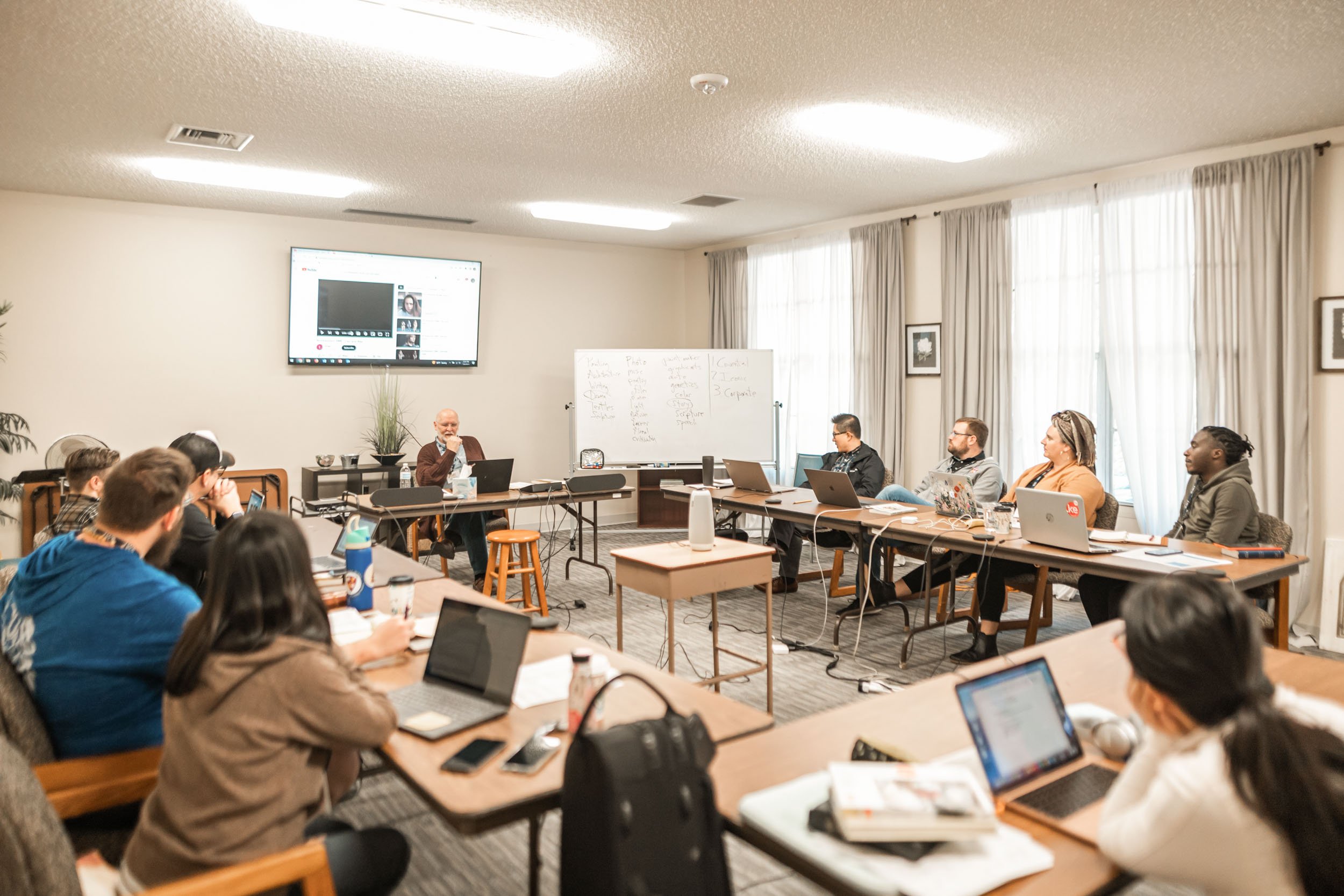The Institute for Worship Studies upholds a high standard of academic excellence. The faculty commitment is to “excellence in teaching.” The students’ standards of learning follow the guidelines of the best practices of other federally recognized schools.
All faculty in charge of a course module must have an earned doctoral/terminal degree (Ph.D., Th.D., D.Min., D.M.A., M.F.A.). Candidates accepted into the D.W.S. program must have earned a graduate degree, such as M.Mus., M.A., M.M., M.C.M. or M.Ed., or the equivalent Masters degree. Candidates accepted into the M.W.S. program must have earned an undergraduate degree, such as B.A., B.S., B.M., B.M.E., B.F.A., or the equivalent Bachelors degree with a minimum of 120 hours of earned credit.
In evaluating course projects, we consider two particular areas: content and elements of style. Pay close attention to both.

IWS works with the following grading scale categories. As course instructors/supervisors/mentors of students, we grade your course projects with these four categories in mind.
ABCD
(A) Superior
(A-)Excellent
(B+) Very good
(B) Average, good, or satisfactory
(B-) Passing, acceptable
(C+) Below the acceptable standard for a master’s or doctoral degree
(C, C-) Deficient work in the degree program
(D) Very deficient, unacceptable work
| Any doctoral student who receives two or more final course grades of C+ or lower may proceed to the thesis course (DWS 801) only by repeating these courses for academic credit and must achieve a grade of B or higher in these repeated courses. Any doctoral student who, for personal or academic reasons, chooses not to complete the thesis is eligible for the Advanced Graduate Certificate in Worship Studies (A.G.C.W.S.), assuming that the four core doctoral courses have been satisfactorily completed. |
The Master of Worship Studies and Doctor of Worship Studies programs ask students to reflect on worship through biblical, historical, theological, missiological, and cultural disciplines. Students are expected to demonstrate methodological skills for studying worship and ministerial skills of Christian worship in their context. The M.W.S. and D.W.S. also have outcomes unique to each program.
Details are listed below: